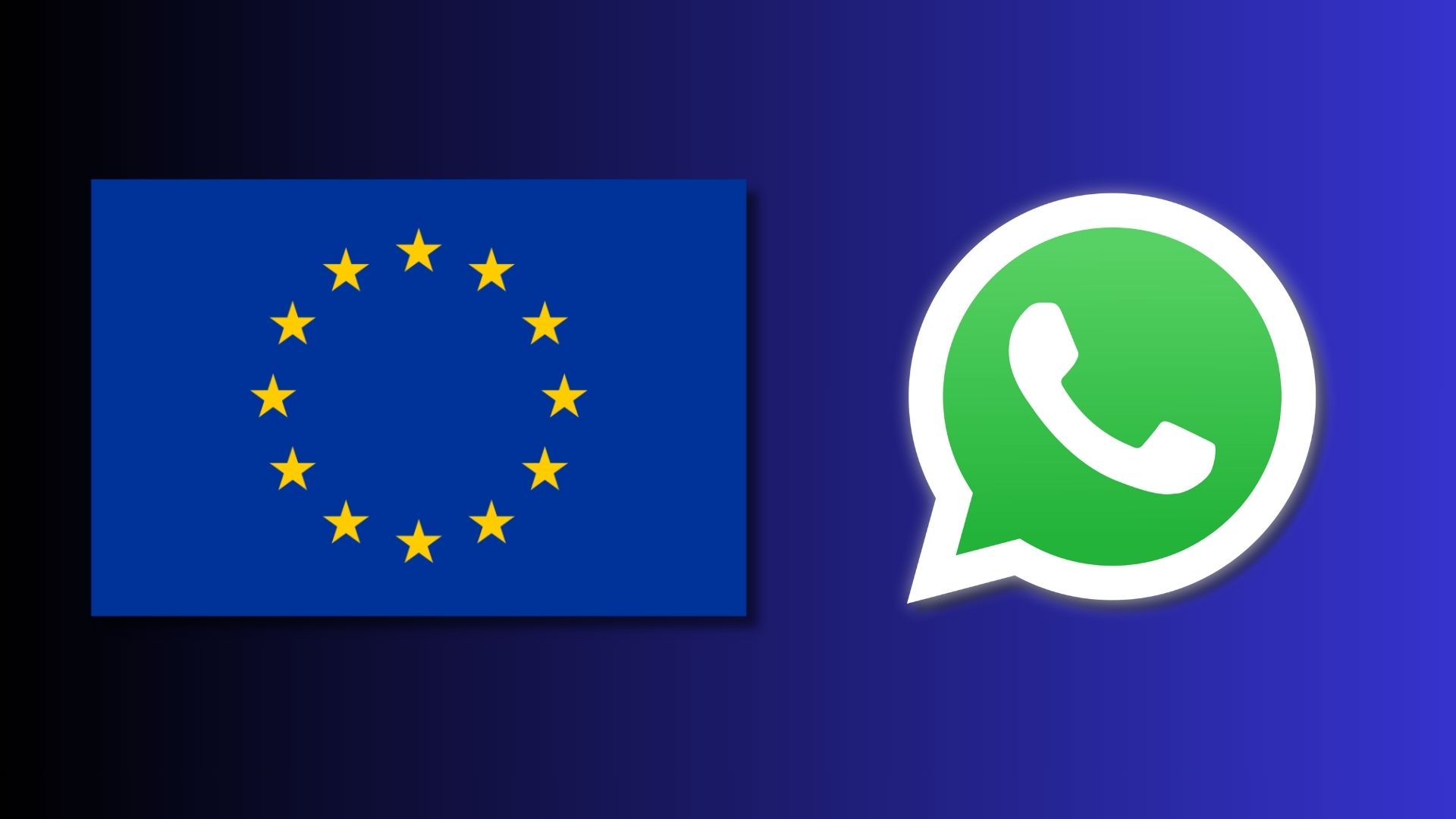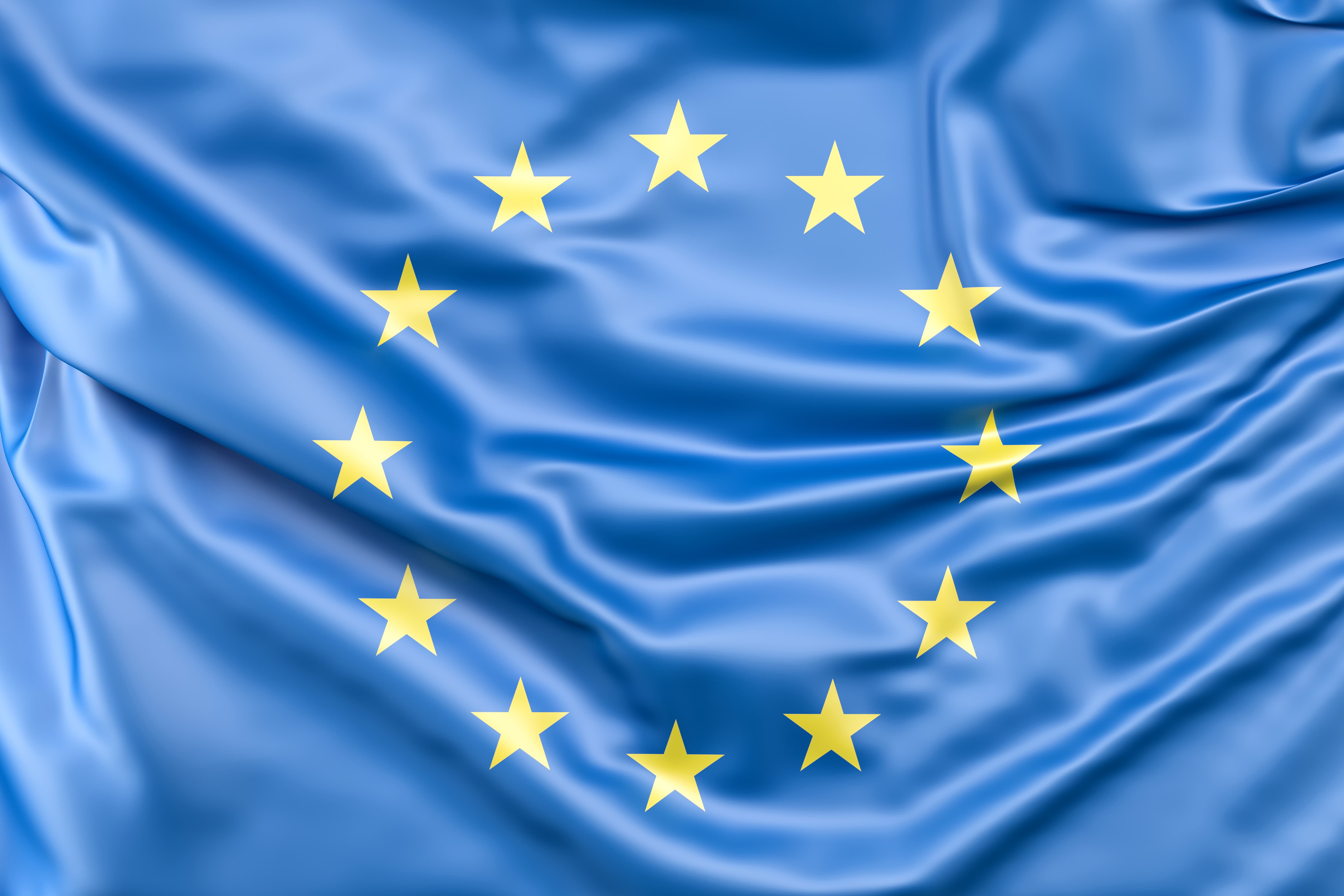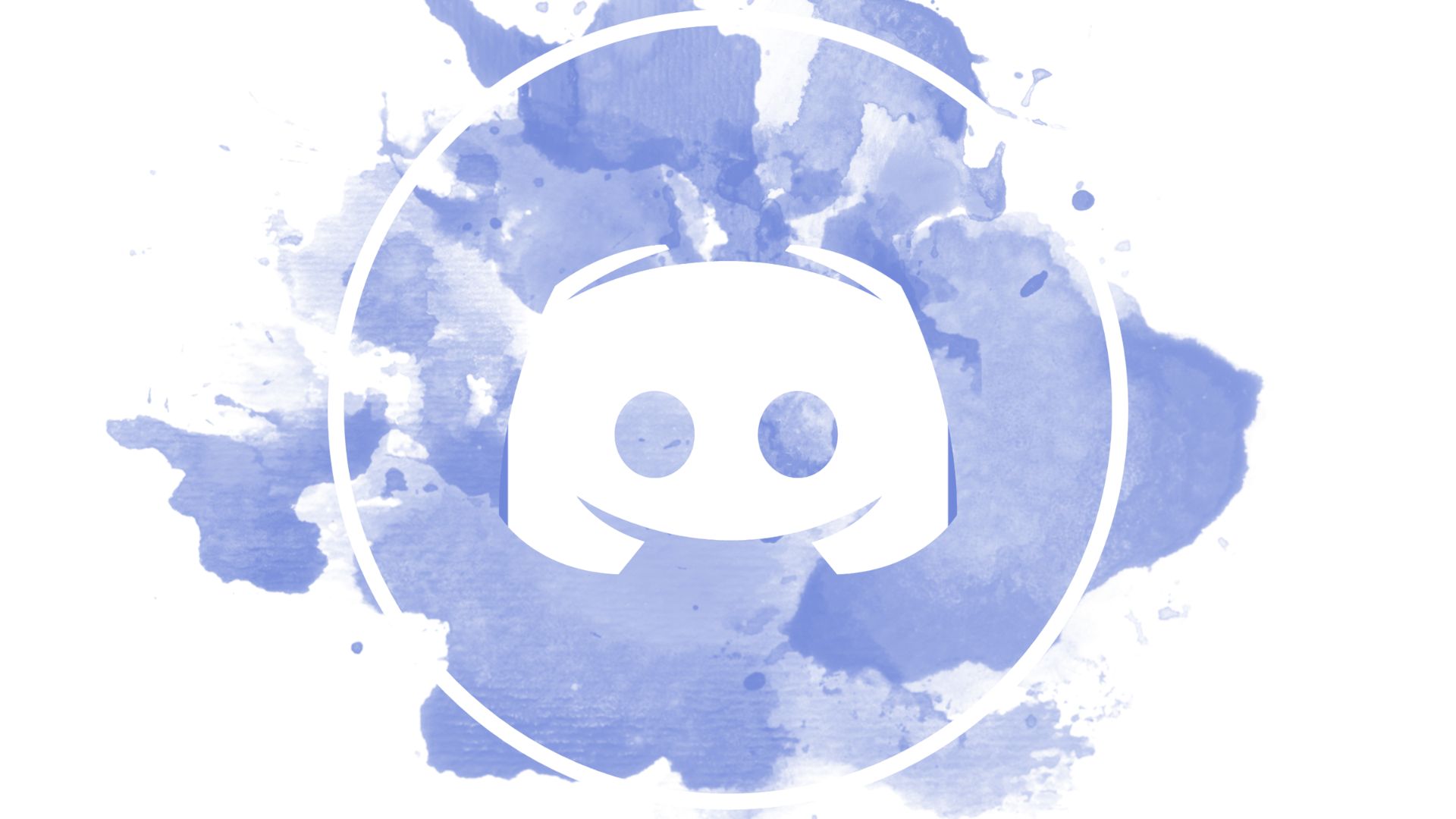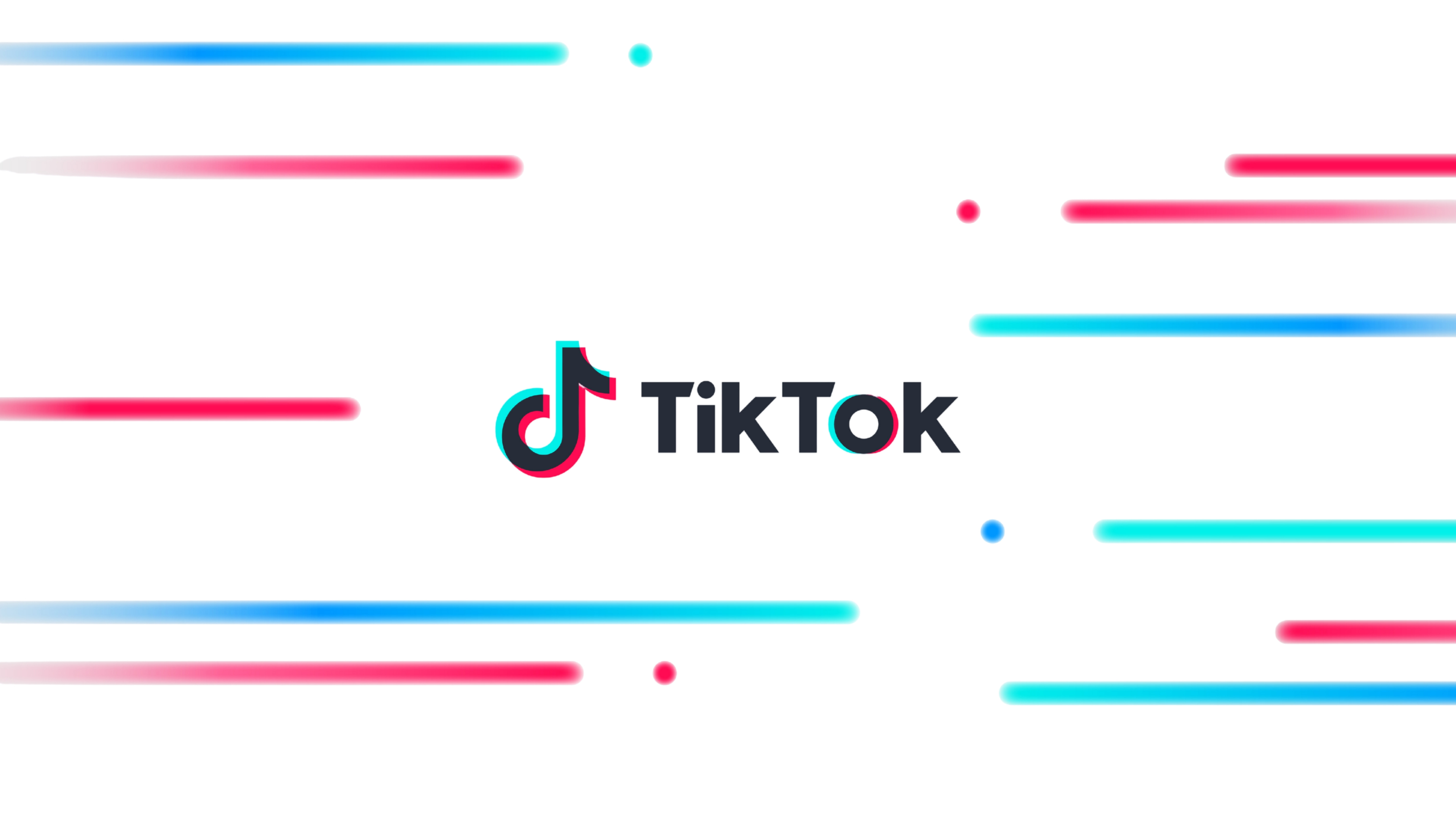Strict new rules have been introduced in India for social media platforms in an effort to curb the spread of AI-generated and deepfake material.
Platforms must label synthetic content clearly and remove flagged posts within three hours instead of allowing manipulated material to circulate unchecked. Government notifications and court orders will trigger mandatory action, creating a fast-response mechanism for potentially harmful posts.
Officials argue that rapid removal is essential as deepfakes grow more convincing and more accessible.
Synthetic media has already raised concerns about public safety, misinformation and reputational harm, prompting the government to strengthen oversight of online platforms and their handling of AI-generated imagery.
The measure forms part of a broader push by India to regulate digital environments and anticipate the risks linked to advanced AI tools.
Authorities maintain that early intervention and transparency around manipulated content are vital for public trust, particularly during periods of political sensitivity or high social tension.
Platforms are now expected to align swiftly with the guidelines and cooperate with legal instructions. The government views strict labelling and rapid takedowns as necessary steps to protect users and uphold the integrity of online communication across India.
Would you like to learn more about AI, tech and digital diplomacy? If so, ask our Diplo chatbot!









